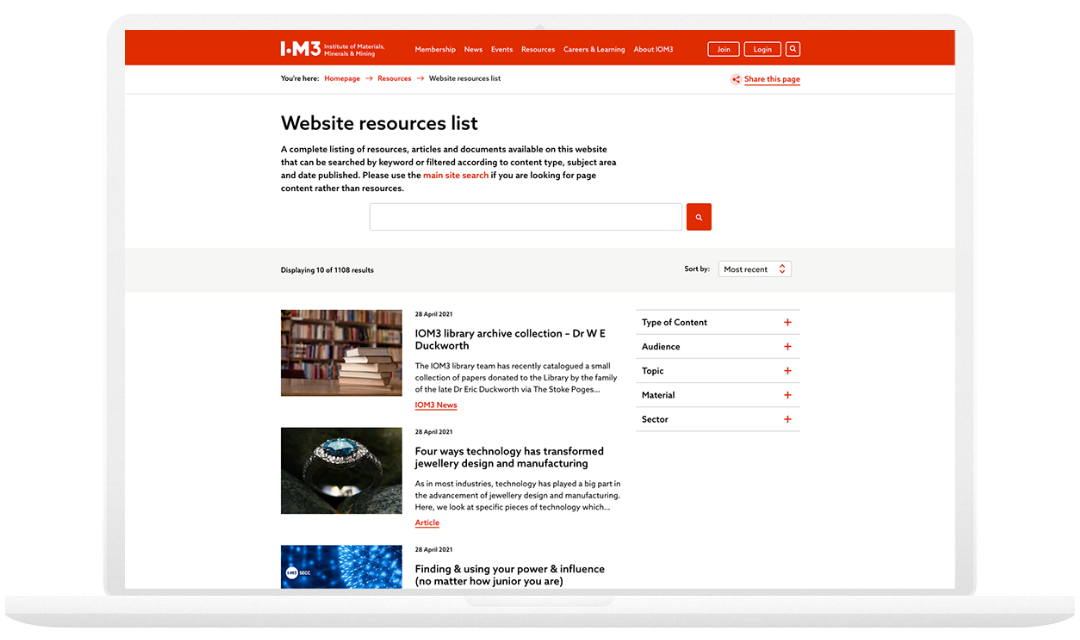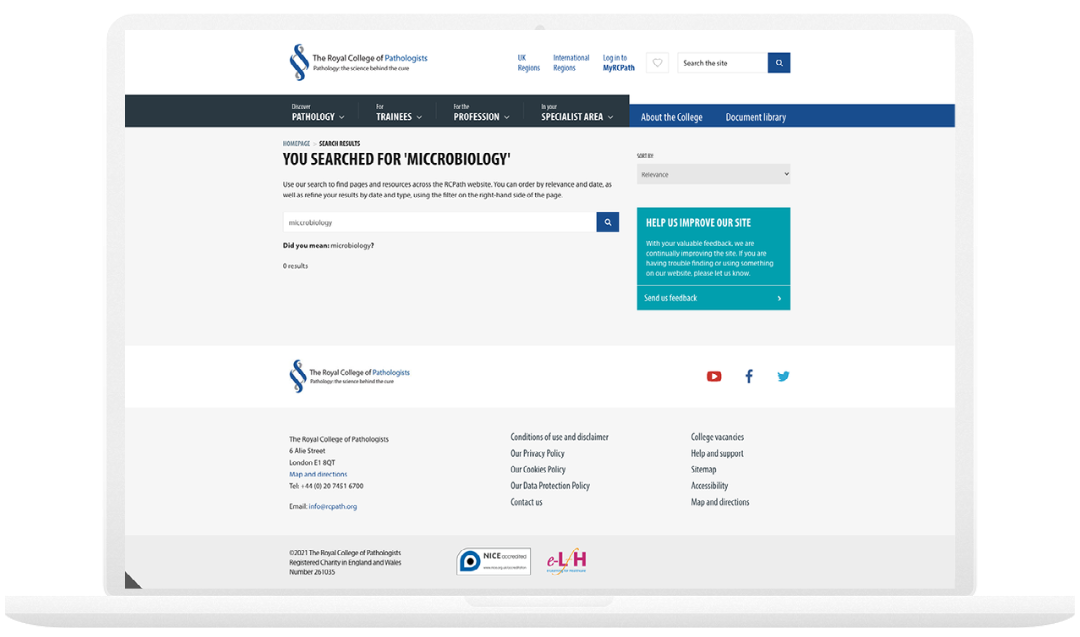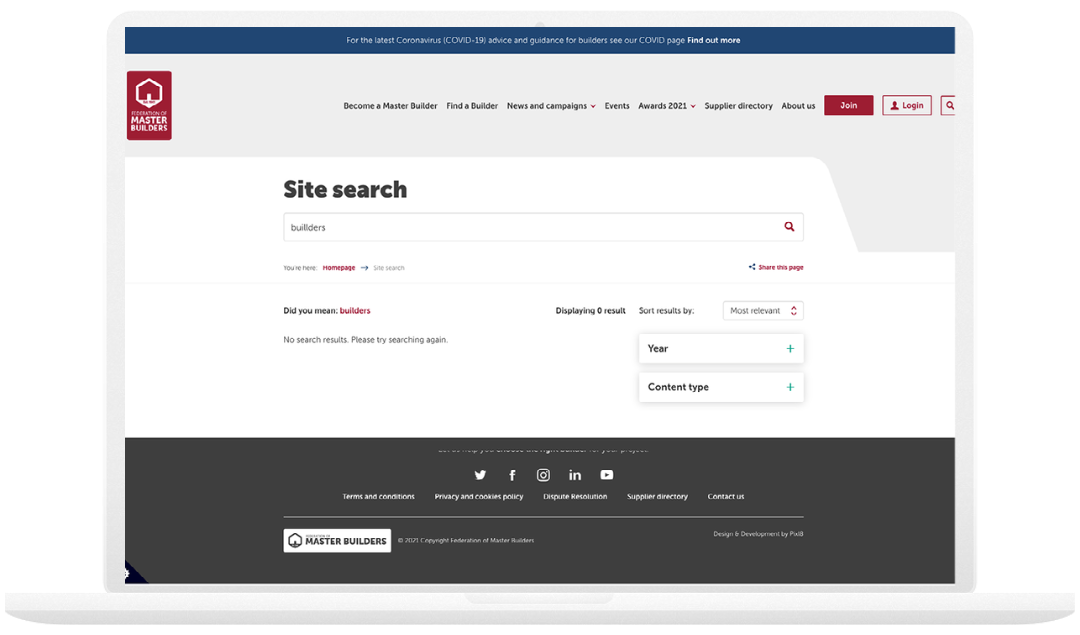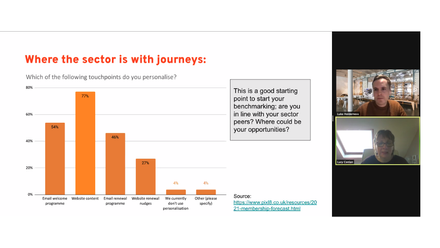Internal site search: help people find what they're looking for
It's easy to underestimate the importance of site search on your website, but it could make all the difference when it comes to user experience. When users successfully - and easily - find what they are looking for on a website it sparks satisfaction, and acts as a first step in building a relationship with them. With growing confidence in your services, this relationship can lead to a conversion further down the line.
We've heard it all too often from new clients; their staff has given up on their internal site search altogether, and instead use Google to find resources on their own website. Sound familiar? In fact, this was a driving factor behind the decision to commission a new website, when I was working client-side. In this blog post, I share some of my learnings and suggestions around creating great site search for your website.
Speak to our team to see how your tagging structure could be optimised
Autocomplete search
This feature provides common search suggestions while users type in a search box, based on the characters and words already entered. Suggestions appear in real time which can help to save time and make searches more efficient.
With predictive search, suggestions should have a clear visual distinction from the query that a user typed in. It is also helpful to include additional information, e.g. resource type or a thumbnail image, in a dropdown list of suggestions.
Fuzzy search a.k.a. 'Did you mean...?'
With fuzzy search, users automatically receive suggestions based on words that are similar to their initial search terms. If a user misspells "busines" within their search term, the search query could instead suggest to conduct a search using the close and correct term "business". Carrying out the related search right away can make sure that the user always sees a result, rather than displaying nothing at all.
Given the rise of mobile, and people's busy lifestyles, it's easy to understand that people may not always correctly type their search terms, so this is a handy feature to have in your arsenal. It's also a valuable tool when it comes to suggesting related search terms, e.g. "careers" instead of "recruitment", to help users find what they're looking for.
Understanding your site search
Setting up site search tracking within Google Analytics can be a quick win for your organisation. The data you're going to gather will provide a window into the kinds of things people are searching for on your site.
This can be gold dust in terms of identifying common phrases or terminology that people are struggling to find while browsing your website and so warrants consideration when reviewing your Information Architecture and content strategy.
Smarter search is a starting point
It's important to ensure your site search is up to scratch, as it offers a valuable way to find what they're looking for when they are short for time. However, don't rely on it as a replacement for a well throught-through Information Architecture, as both should complement each other.
People's website behaviours vary and users may not always think to use site search, but when they do it should be a valuable tool that aids their experience on your website,













